Differences and similarities between words
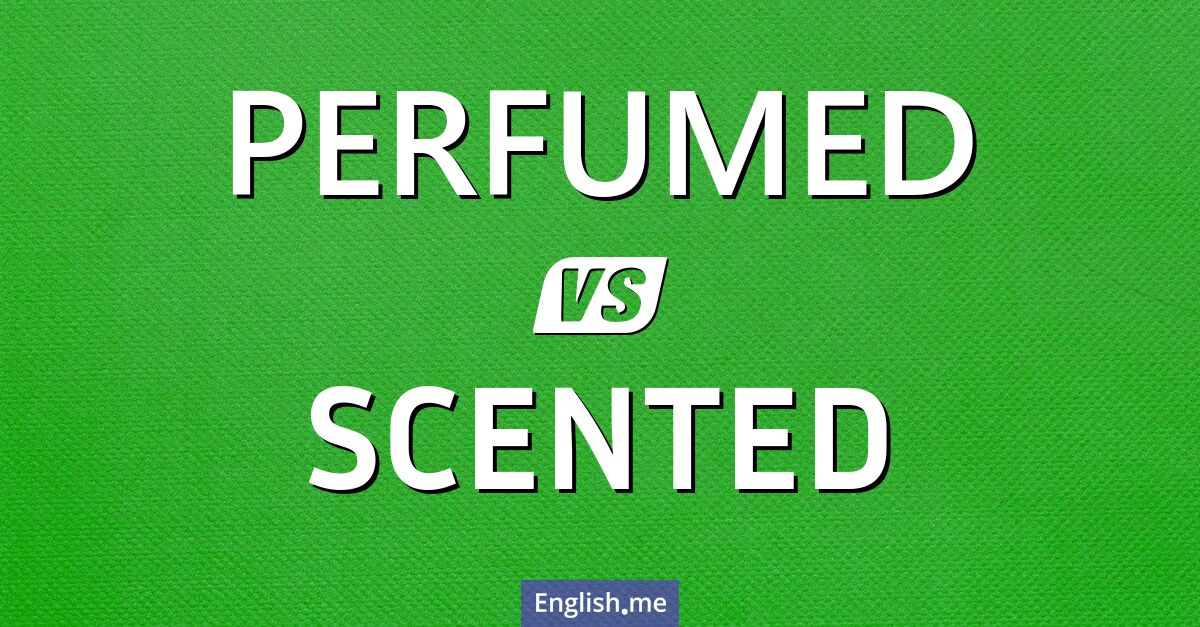
Fragrant linguistics: comparing "perfumed" and "scented"
The word "perfumed" often implies a stronger or more artificial ... Learn more →
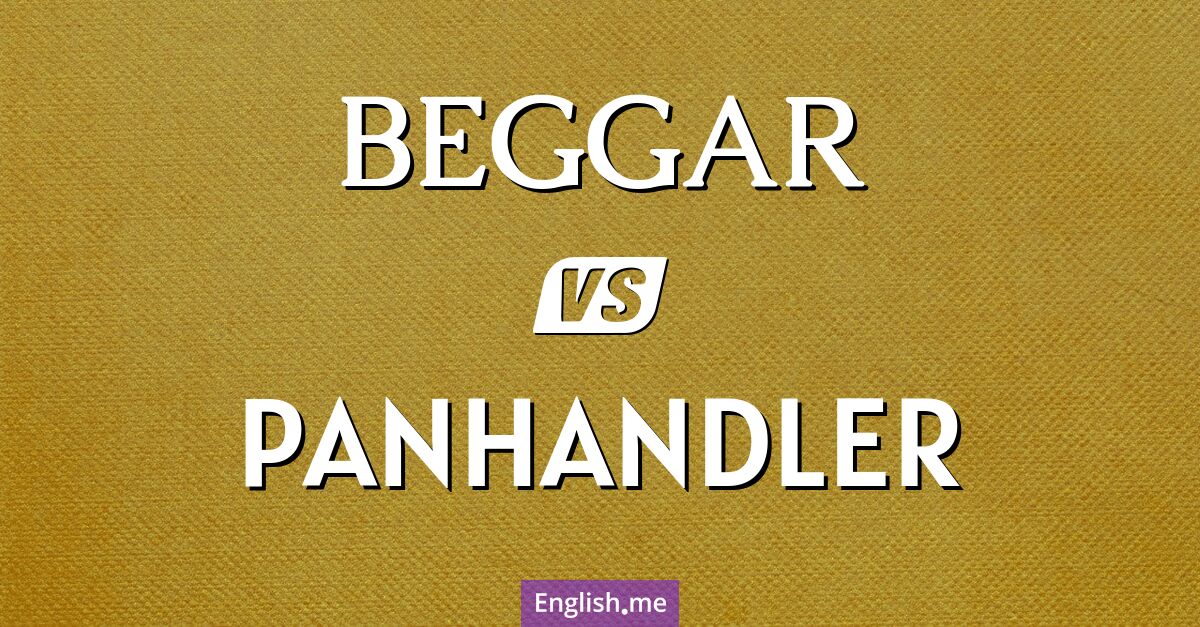
"Beggar" vs. "panhandler": words with a shared story
The term "beggar" is more traditional and general, often implying ... Learn more →

"Wonderful" vs. "beautiful": exploring the shades of delight
"Wonderful" typically refers to something that inspires wonder or delight ... Learn more →
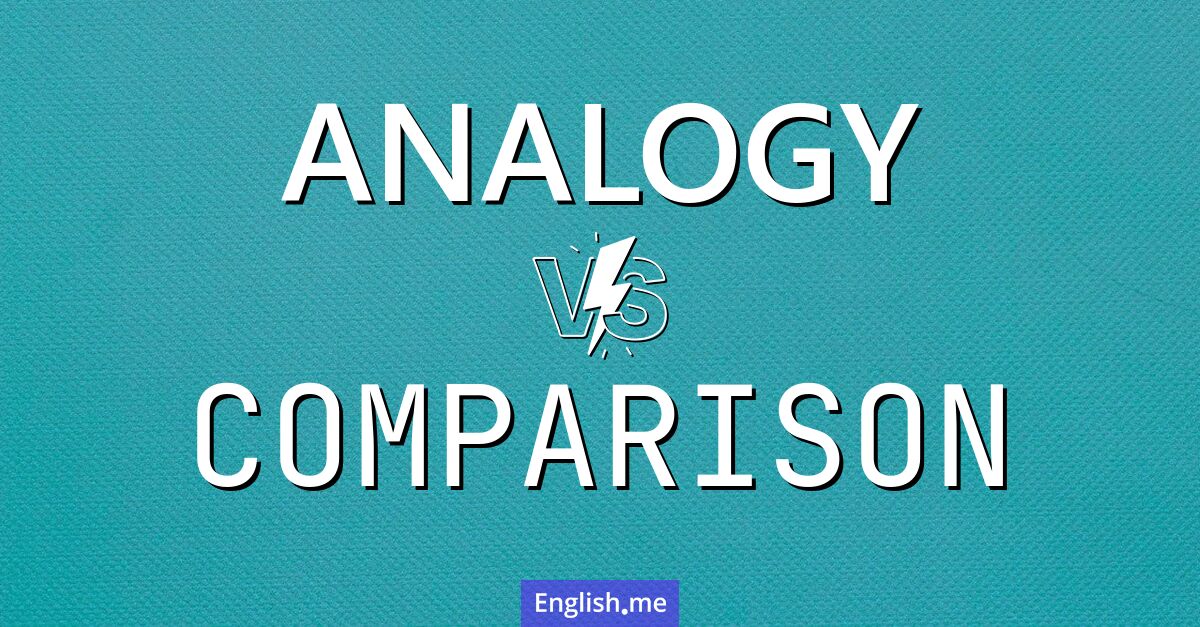
"Analogy" vs. "comparison": bridging the gap between words
An "analogy" is more specific and often more complex, typically ... Learn more →
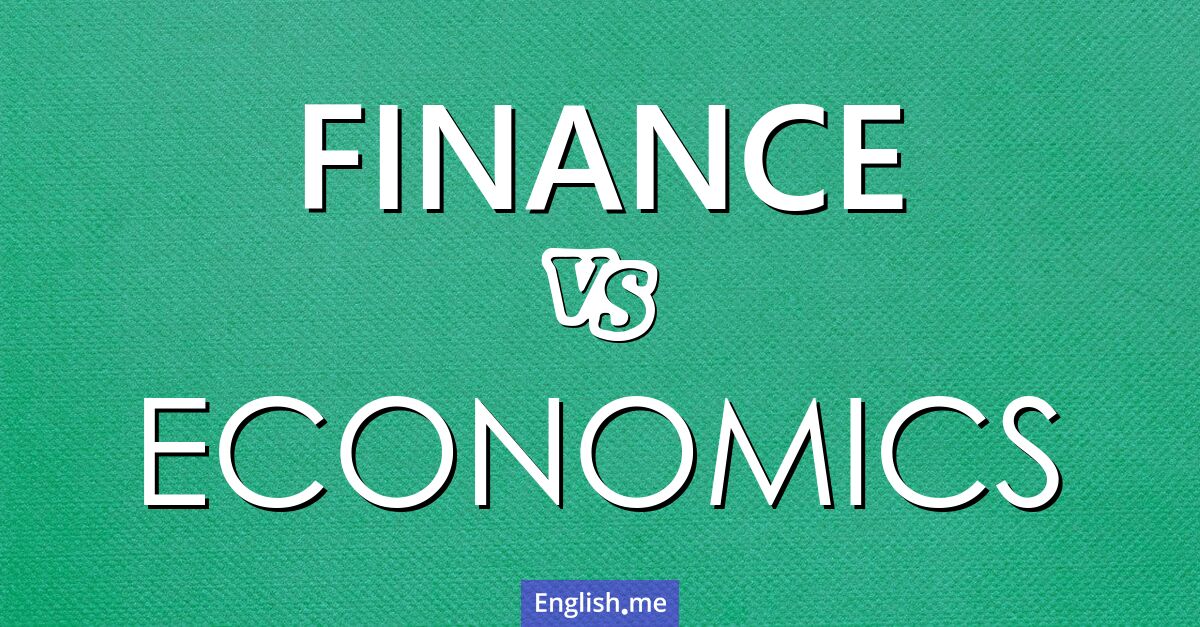
"Finance" vs. "economics": the intersection of money and markets
Finance is more focused on the management of money, investments, ... Learn more →
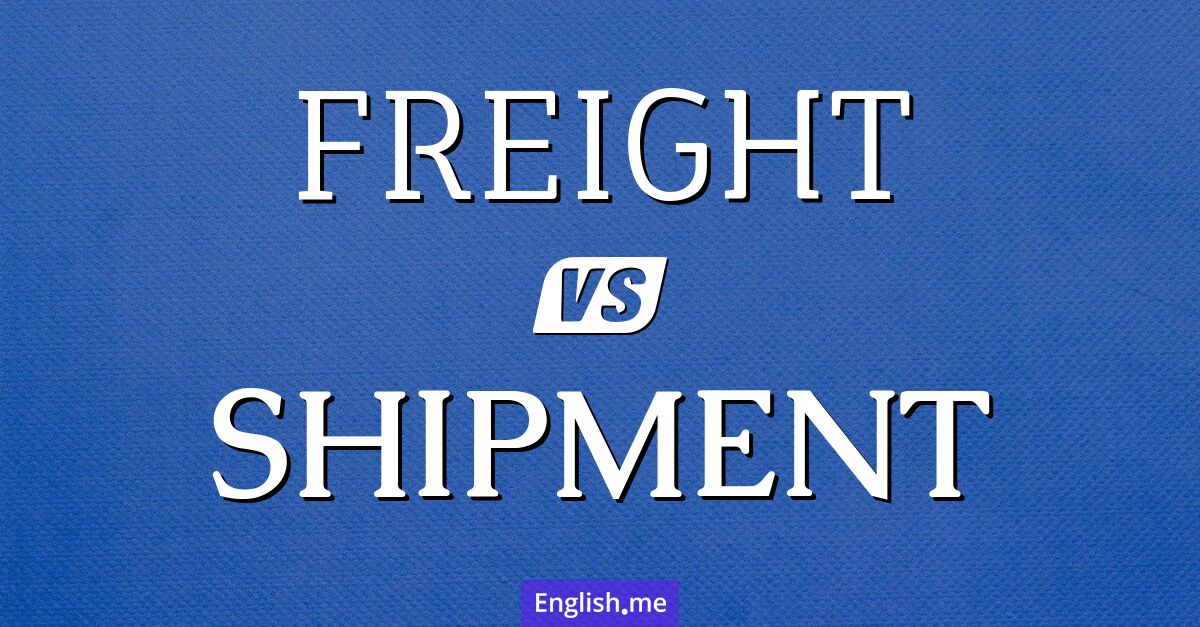
"Freight" vs. "shipment": a linguistic journey through cargo terms
The term "freight" typically refers to the goods themselves, especially ... Learn more →
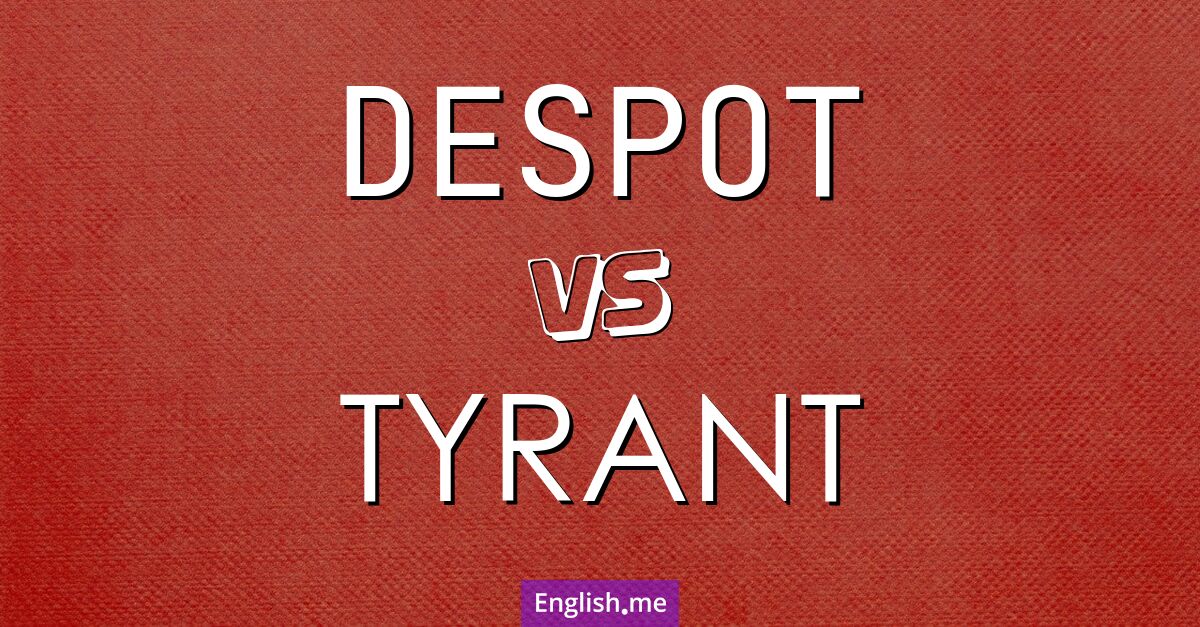
"Despot" vs. "tyrant": exploring the fine line between power and oppression
While both terms describe oppressive rulers, "despot" often carries a ... Learn more →
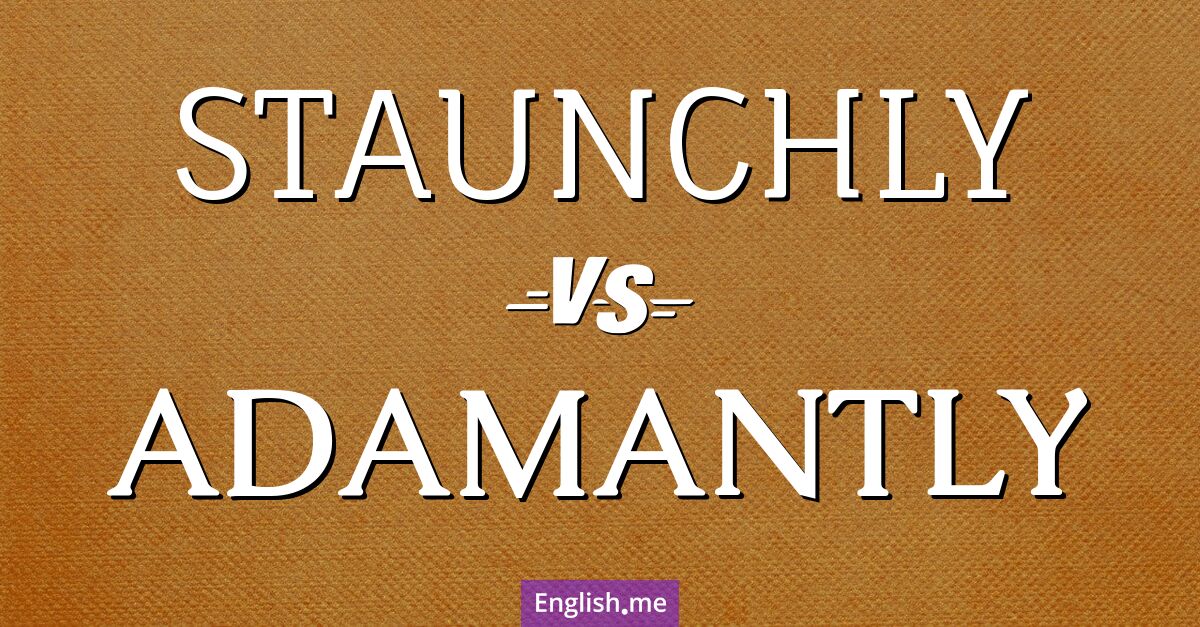
"Staunchly" vs. "adamantly": a close look at resolute language
While both indicate firmness, "staunchly" usually implies loyalty or support, ... Learn more →
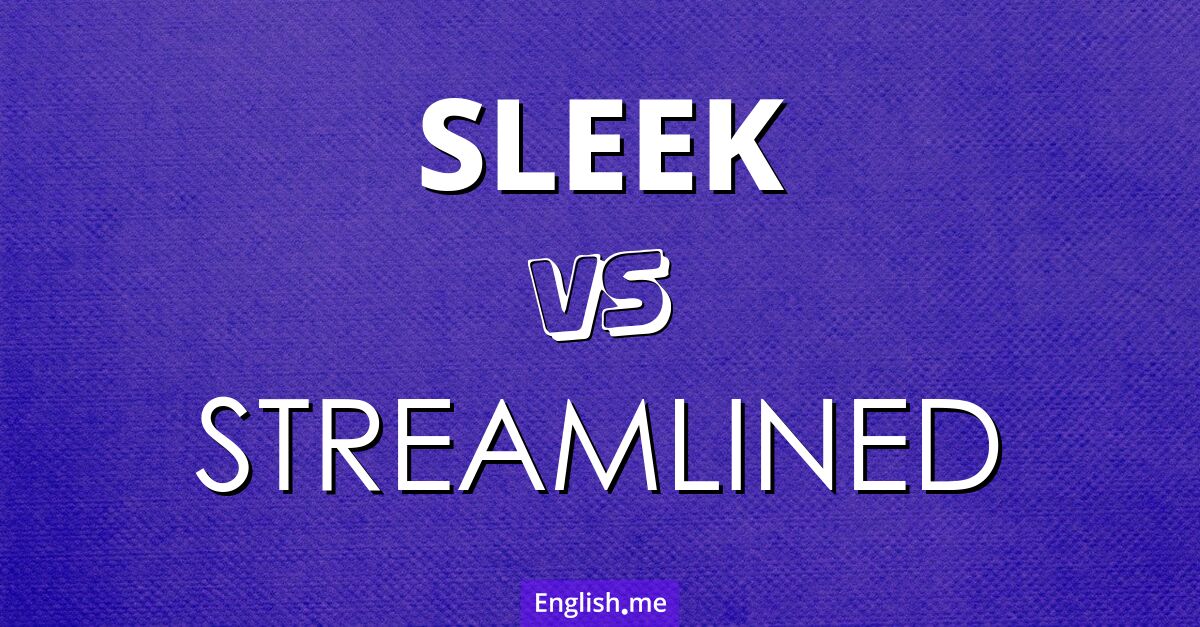
Smooth talk: comparing "sleek" and "streamlined"
The word "sleek" primarily emphasizes smoothness, elegance, and sometimes shininess, ... Learn more →
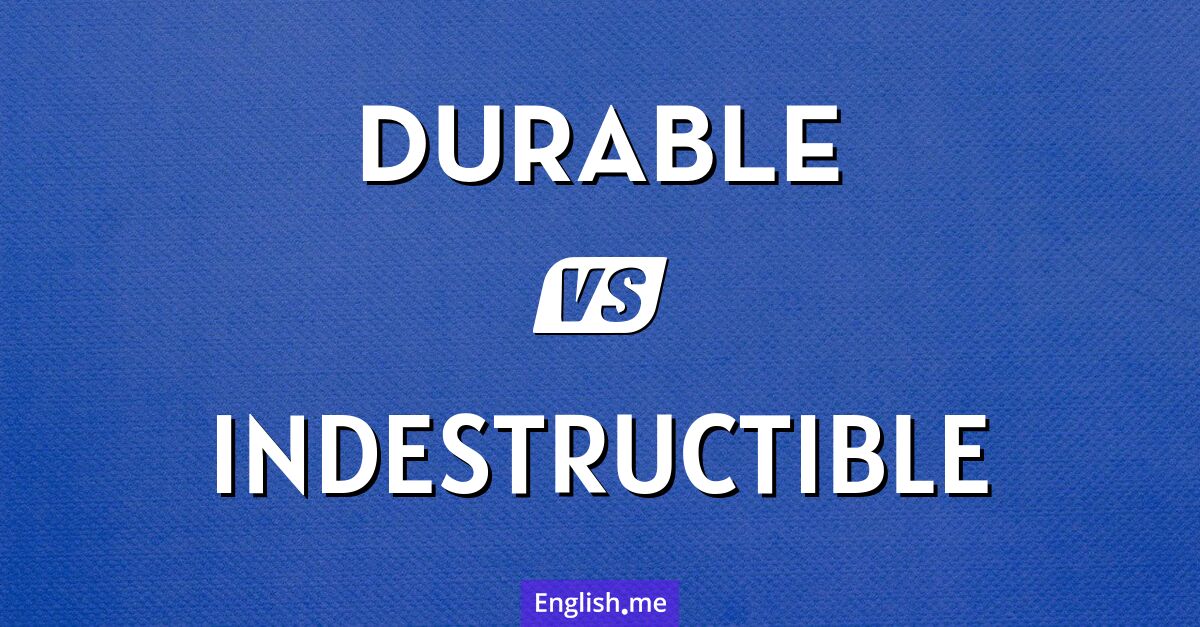
Exploring resilience: "durable" vs. "indestructible"
Durable suggests that something can endure for a long time ... Learn more →

 English
English español
español française
française italiano
italiano deutsche
deutsche 日本語
日本語 polski
polski česky
česky svenska
svenska Türkçe
Türkçe Nederlands
Nederlands